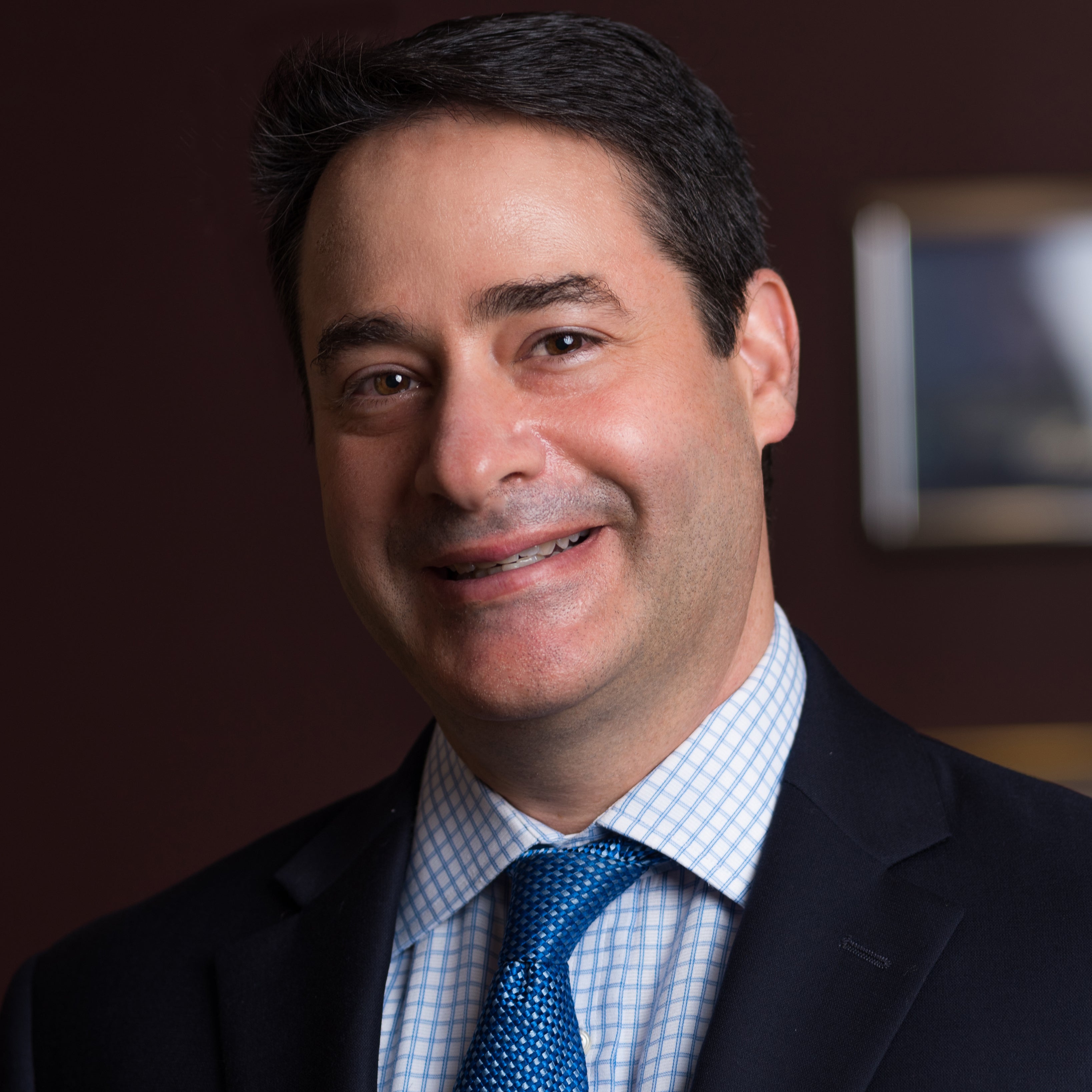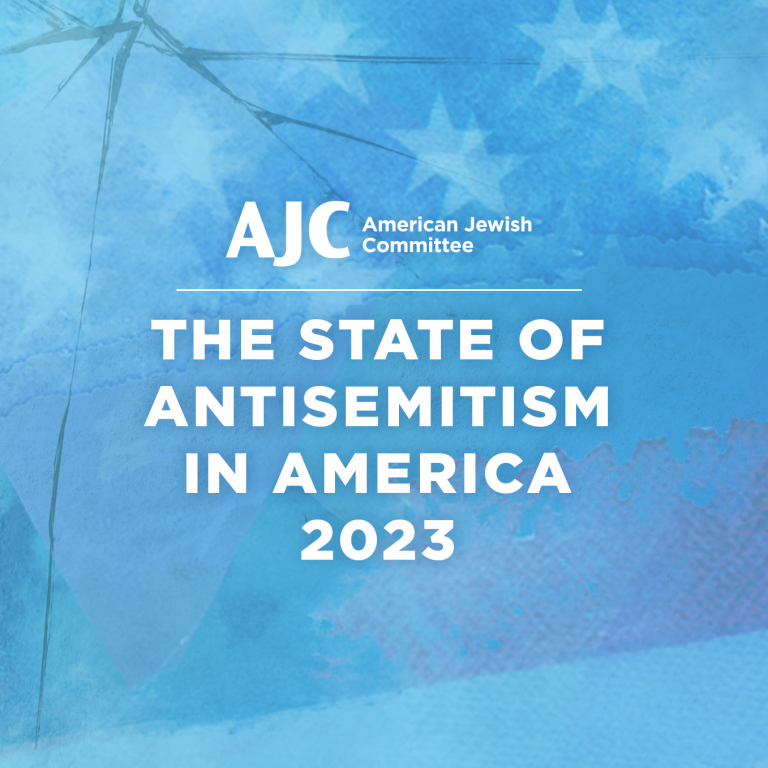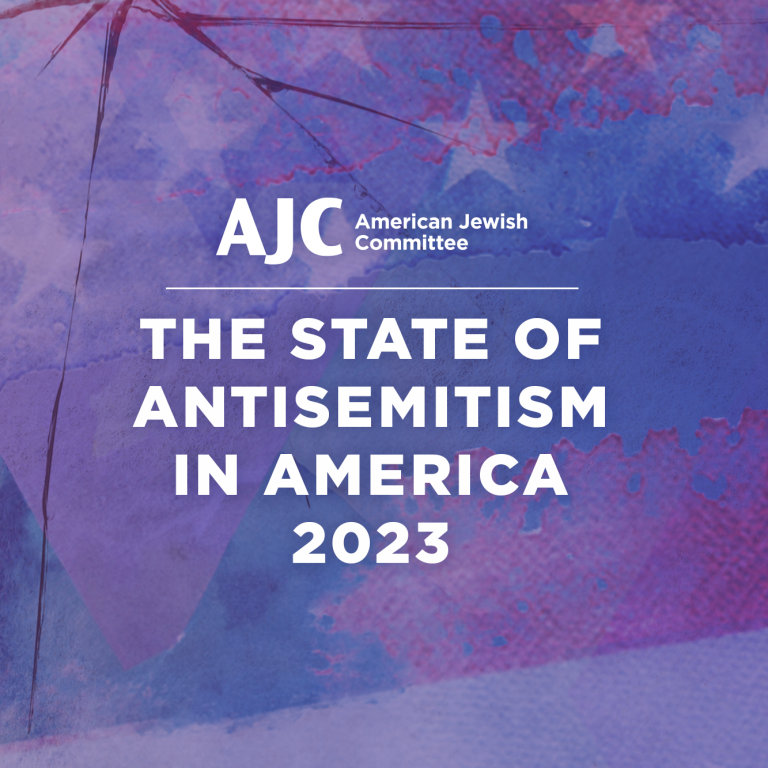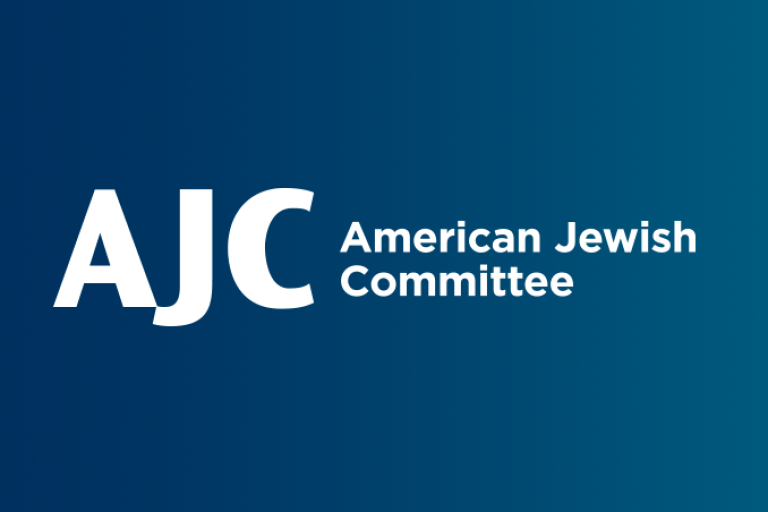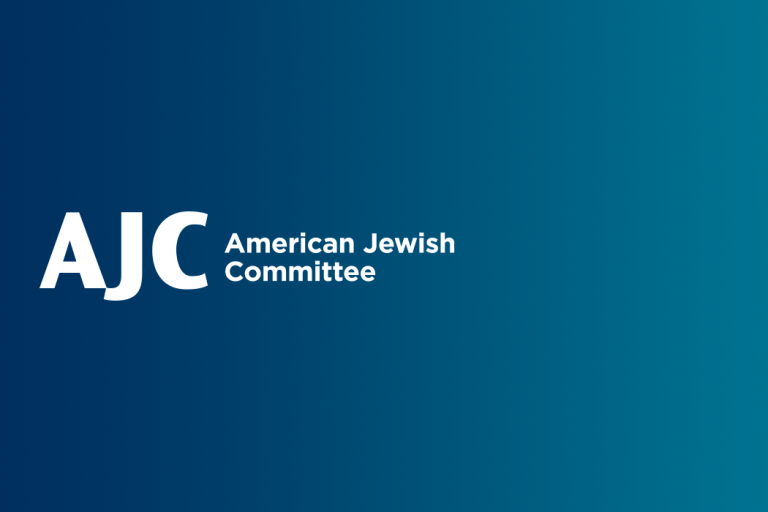April 10, 2024 — Miami. FL
The following column appeared in the Florida Jewish Journal.
Full disclosure: I am not on TikTok. Never have been. Never will be.
That means I likely have something in common with many of you. Somehow our lives go on. However, even if you have never been on TikTok, it has been hard to escape news about it. The U.S. House of Representatives recently overwhelmingly passed a bill that could ban the app unless it is sold by TikTok’s Chinese parent to, in part, assuage concerns about national security and disinformation in an election year.
While I suspect most members of Congress leave TikTok to their junior staffers, it still holds their attention given the app has more than 1 billion active users. And we should be paying attention too. Amid all the cat videos, recipe hacks and dances, TikTok’s algorithm can easily dredge up antisemitic messaging during a random scroll.
Of course, TikTok is not the only social media platform where antisemitism lurks. But it is the most ubiquitous, especially for Gen Z, many of whom turn to TikTok as their primary news source.
That is scary enough on its own. But it is also an opportunity. I was reminded of that by Montana Tucker, a performer and social media influencer with more than 13 million followers. Tucker, originally from Boca Raton and the granddaughter of Holocaust survivors, uses her platform to combat antisemitism and teach about the Holocaust. But even someone with her reach knows the conversations that need to be had, especially post-October 7, can be difficult at best.
As Tucker recently told WLRN: “There are people that have come up to me that say, ’I support you and I’m here for you, but I can’t post it because I don’t want to risk losing my business or my job. That’s so sad to me because these are conversations that I’m sure happened (back then) during the Holocaust, people saying, ‘I support you, but you’re Jewish and I can’t be seen with you now, or I can’t talk to you.”
We need more people like Tucker. Jews need to be seen and heard online. Silence lets the hate spread unchecked, especially online and on social media, where American Jews experience antisemitism the most.
The State of Antisemitism in the America 2023 Report from American Jewish Committee found that 62% of American Jews had seen or heard antisemitic content online or on social media, while more than one in five in that group said that content had made them feel physically threatened. Facebook and X, formerly Twitter, were the platforms where antisemitism was experienced the most, with 18% reporting they saw it on TikTok.
When nine in 10 U.S. Jews say it is important for social media companies to make it easy to report antisemitism, those companies must pay heed. AJC’s Call to Action Against Antisemitism, a society-wide guide to help understand, respond to and prevent antisemitism, offers a common-sense roadmap companies can follow. Among its suggestions:
• Ensure transparency by drafting a core set of principles that earns the public’s trust. Algorithms must be corrected to avoid hate from spreading online.
Improve moderation and use people, not machines to flag material like memes and coded material. Companies should also provide ongoing training as antisemitism morphs and evolves. In January 2024, Meta’s Oversight Board ruled that Meta is failing to catch Holocaust denial memes and innuendos by “replacing vowels with symbols and employing cartoons to promote antisemitic narratives”.
• Strengthen education by providing information or directing users to information about Jews and the Holocaust.
At a time when the AJC report found 30% of American Jews avoid posting content online that would identify them as Jewish or reveal their views on Jewish issues, these companies must address the hate that is persistent and pernicious on their platforms.
Even if you do not go near social media — kudos if you can resist — you can still take a lesson from people like Montana Tucker who refuses to duck and take cover when the antisemites and anti-Zionists spread their bile. We can leverage the same tools from those that hate us, and deploy them to our advantage.
There has never been a better time to be Jewish and proud. That is something we should never be afraid to post.
Brian Siegal is the Director of American Jewish Committee Miami and Broward.

